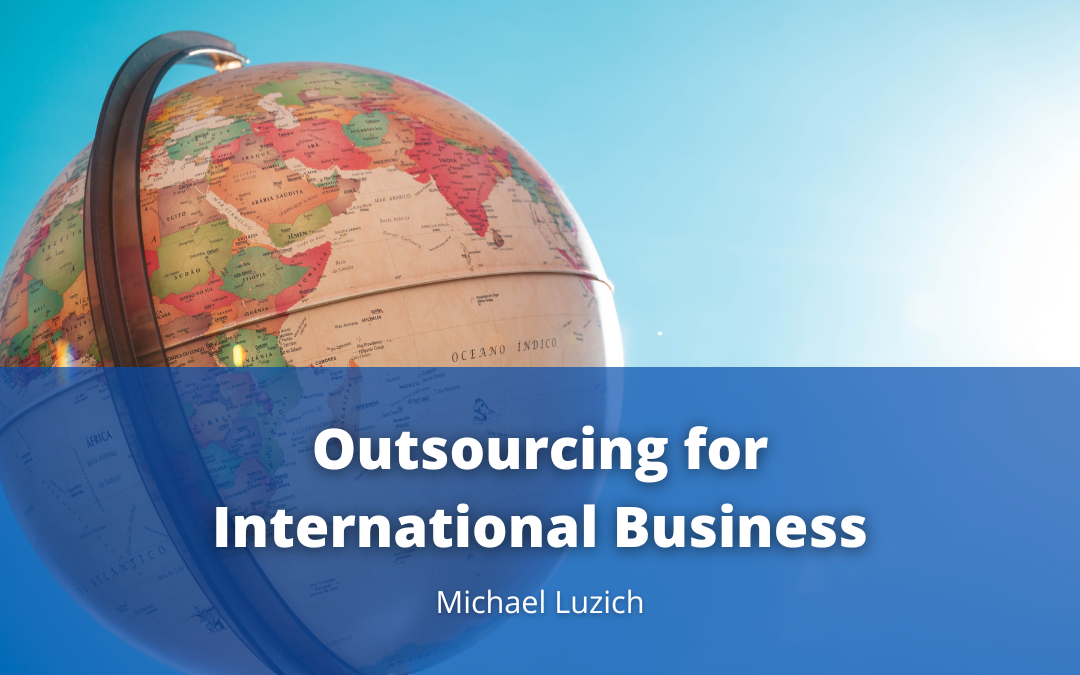Outsourcing is a common practice in business. In fact, outsourcing is often the reason for a US company to do business with a company in another country, leveraging the competitive advantage that the foreign company has by virtue of its cost of materials and/or labor.
Why Outsource?
The decision to outsource is always based on comparative advantage, regardless of where your company is located. You seek vendors that can do something better or cheaper (or both) than your company can do in-house. This is holds true whether your company is offshore or based domestically. However, your decision factors may differ. For instance, you may have difficulty finding needed skills in your local market; you may wish to take advantage of incentives resulting from tariff agreements or import restrictions.
Skill Outsourcing vs. Supply Outsourcing
Companies outsource when they need skills or materials that they cannot economically obtain or make, locally. For a business located in the United States, skill outsourcing might include software engineering from India; supply outsourcing might include steel from China or fabric made in Vietnam.
Outsourcing Internationally
You start a business in a new country because that country offers advantages over doing business in the US. It might be an inexpensive labor pool, proximity to needed raw materials, or a lighter regulatory burden. Once your company is established in a foreign country, you may still need to outsource, but with different priorities. Either way, you are still looking for advantages that are not already available in your local market.
For example, your international place of business may have inexpensive labor, but it might be difficult to find certain needed skills, such as programming of computer-aided machine tools, enterprise accounting, or regulatory compliance. If you cannot find these skills locally than you need to outsource to consultants or firms in countries where those skills are available—even looking to the United States.
Tariffs and similar import restrictions may also affect your decision to outsource. Your company may be able to make a needed component in-house but find that the materials you need are priced out of consideration by import regulations. The component itself may have no import restrictions, so you could have it made offshore and import it more cheaply than if it were made domestically. Certain countries offer “free trade zones” (in which import duties are wholly or partially waived) as an incentive for foreign investment.
When outsourcing, especially for raw materials or manufactured goods, you are wise to diversify. Establish supply chains with at least two different countries to avoid disruptions such as those encountered during the COVID pandemic. For the same reason, choose resources with the most direct routes to you. A robust supply chain is worth a slight price increase for goods and services you need.
Unless your country of operation has significant political unrest, you should also consider outsourcing domestically. Different regions of a country may have significantly different workforce, skills and levels of education, or access to diverse natural resources with different advantages. Domestic outsourcing can greatly simplify and shorten a company’s supply chain to guard against disruptions.

